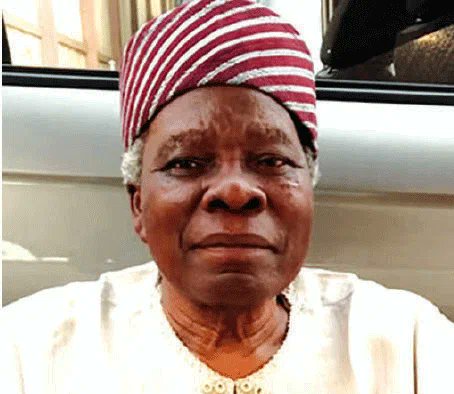The Central Bank of Nigeria has again emphasized that the ongoing recapitalisation of commercial banks is a key part of the Federal Government’s plan to build a $1 trillion economy by 2030.
Speaking at a three-day retreat of the Association of Corporate Affairs Managers of Banks in Abeokuta, Ogun State, the CBN Deputy Governor in charge of Financial System Stability, Philip Ikeazor, said the recapitalisation exercise is “a journey, not a destination.” He explained that the goal is to create banks that are not just bigger, but stronger, better run, and more inclusive.
Represented by Ibrahim Hassan, Ikeazor stressed that the focus is on building “better banks—banks that are safe, sound, innovative, and inclusive.”
According to him, stronger and well-capitalised banks will boost national development, improve the sector’s competitiveness, and help Nigeria’s financial system withstand both local and global economic shocks.
He recalled the 2005 banking reforms that reduced the number of banks from 89 to 25, saying the current exercise follows the same spirit of strengthening the financial sector under the leadership of CBN Governor Olayemi Cardoso.
Ikeazor expressed confidence that before the first-quarter 2026 deadline, most banks will meet the new capital requirements, either individually or through mergers. He said this would better position Nigerian banks to support economic growth and compete globally.
He added that the recapitalisation is meant to build financial institutions capable of funding large projects, improving credit access for the real sector, and driving Nigeria’s broader economic transformation.
Also speaking at the event, a Marketing Professor at the Lagos Business School, Tayo Otubanjo, encouraged banks to take the recapitalisation as an opportunity to practise “real banking” by giving more credit to small businesses, traders, and artisans.
“After recapitalisation, banks will have more liquidity. This is the time to push funds into productive sectors,” he said.
Read Also;
Dollar to Naira exchange rate today, November 7, 2025
In his remarks, the President of ACAMB, Bolarinwa Babalola, described the retreat—returning after 15 years—as a valuable platform for collaboration among industry leaders, regulators, and financial communication experts.
He noted that the recapitalisation effort is not just a regulatory requirement but an opportunity to reshape Nigerian banks into stronger and more inclusive institutions that can help achieve the $1 trillion economy target.
He added that beyond growing balance sheets, the true value lies in building trust, strengthening banks’ brands, and expanding financial inclusion, especially for MSMEs, women-led businesses, and the unbanked.
In March 2024, the CBN introduced new minimum capital thresholds: ₦500 billion for international banks, ₦200 billion for national banks, and ₦50 billion for regional banks.
The apex bank said the policy is designed to strengthen the financial system, expand credit to the real sector, and ensure banks can play a major role in driving Nigeria’s economic ambitions.




